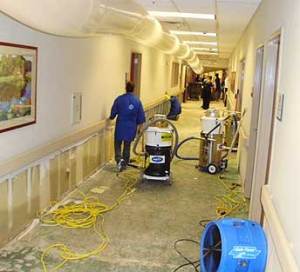“…(He) was performing maintenance in the engine room on the ninth floor of the Axa Equitable building …when he was electrocuted just after 9:30 p.m…” Â
 Con Edison was called to the scene for safety reasons, an agency spokesman said, but it was unclear how the man came into contact with live wires in the room that houses a control panel and a riser that works to operate the building’s 34 elevators.
Con Edison was called to the scene for safety reasons, an agency spokesman said, but it was unclear how the man came into contact with live wires in the room that houses a control panel and a riser that works to operate the building’s 34 elevators.
A 39-year-old elevator mechanic died when he was electrocuted at work in a 44-story midtown office building Wednesday night, fire and police officials said. Emergency responders found the repairman unconscious and in cardiac arrest, a fire official said. But he died less than 30 minutes later, according to a police source.
“He’s dead,†a fire source at the scene said. “He was lying on live wires.â€
Building workers said the man had been employed for the past five years by the Schindler Group – a company that develops, installs and services elevators and escalators, according to its website – which contracts with the building to supply in-house mechanics to keep up with repairs.
“He has three kids, it’s horrible,†said one coworker said. “He was a very nice guy. He was hardworking and smart,†he said of his fallen friend. “But no one knows what happened.”
Read more: http://www.nydailynews.com/new-york/mechanic-electrocuted-elevator-manhattan-office-building-article-1.1052532#ixzz1qWQmFsvr









